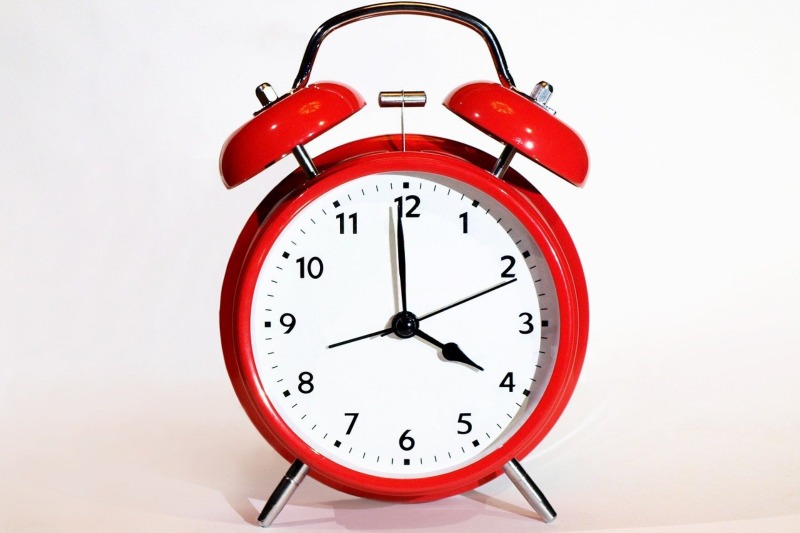Habituation. What exactly is it? Habituation is a psychological term that refers to the process of getting used to a frequently repeated stimulus. It’s getting used to something in our environment that happens repeatedly: the buzzing of a light fixture; the hum of a refrigerator; the sound of sirens in a high-traffic area; even the brightness of a street light next to your window. Habituation means that we respond less and less to things that we are exposed to repeatedly.
On the one hand, habituation is good because it helps us adjust to our environment. For example, if I move into an apartment complex beside train tracks, habituation will, over time, help me get used to the noise of the train so that I can sleep at night. Or, if I have rambunctious children who run around and play in the house, habituation makes it such that I am not easily annoyed by their activity. In fact, (I’m sure plenty of parents understand this) I might not even hear it at all. However, a visitor in my home might say, “Oh my goodness, what are your kids doing?!” Habituation is meant to help us cope with things in our world. However, when we’re not careful, it can be dangerous to get used to things around us that happen over and over and over again.
There is a difference between habituation and numbing. Thus says Sabrina, numbing is usually the result of extreme habituation due to giving up on the hope of things changing. There is a difference between adjusting to something for your good, and giving up on the idea of change for the greater good. It concerns me that our communities may be “adjusting” to violence, or “getting used to” rumors and reports of guns in our schools. It concerns me that our country is “adjusting” or “re-adjusting” to oppressive rhetoric and blatant injustices because we are repeatedly seeing it play out in the news, on social media, in our government, etc. It concerns me when we are less and less responsive to the effects of poverty and the displacement of our neighbors because we are exposed to it more and more when we walk the streets and drive down the road. It bothers me that we “see” so many reports of missing black and brown children, and yet we don’t really see them at all. It concerns me that we have become so familiar with illiteracy and ignorance created by systemic inequities and disproportionate resources that we are surprised when we are faced with the exception. It breaks my heart that we seem to be okay building more prisons than we are affordable housing.
May we never get used to the oppressive systems that impact not only our proximate friends and family, but our global community.
Don’t get it twisted: the answer is NOT the removal of social media, turning off the television, or avoiding talking about this stuff. The answer for this dangerous and unfortunate habituation is in fully embracing and living our humanity. The answer is in allowing ourselves to be touched, annoyed, irritated, and moved by the repetitive stimuli of human suffering beyond ourselves. The answer is in being brave enough to not allow ourselves to be okay with it as long as it doesn’t bother us or our loved ones. May we never adjust to the misfortune of our neighbors. May we never get used to the oppressive systems that impact not only our proximate friends and family, but our global community. May we get pissed off enough that we demand AND work for change until the stimuli of unnecessary suffering at the hands of unjust, misguided and ill-wrought systems are completely eradicated for the greater good of all people.
